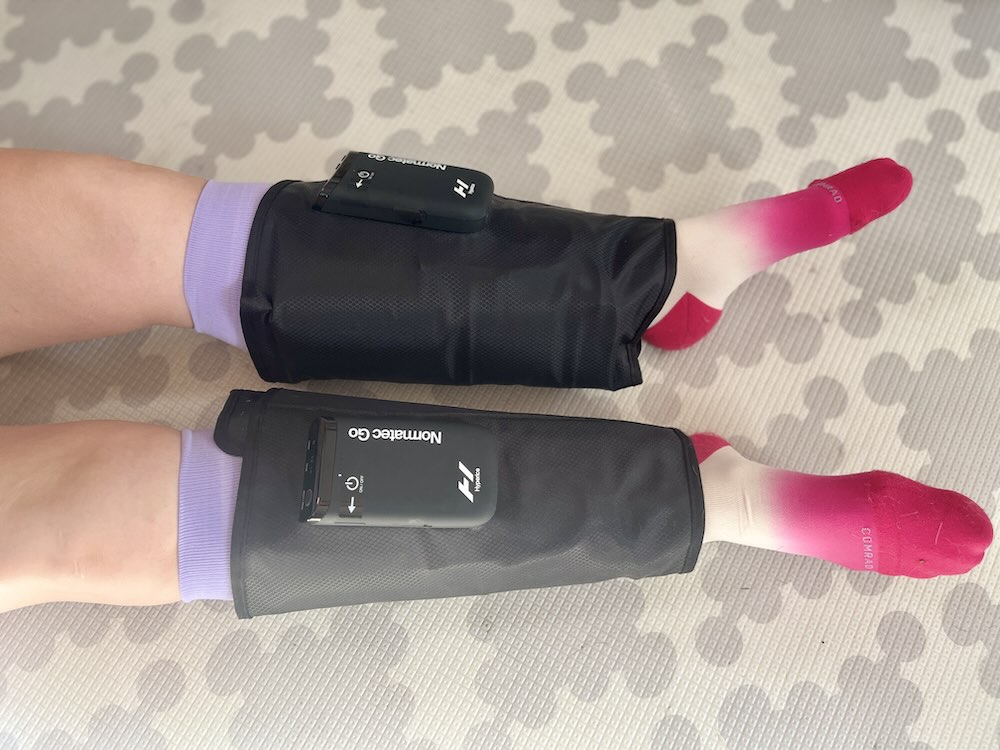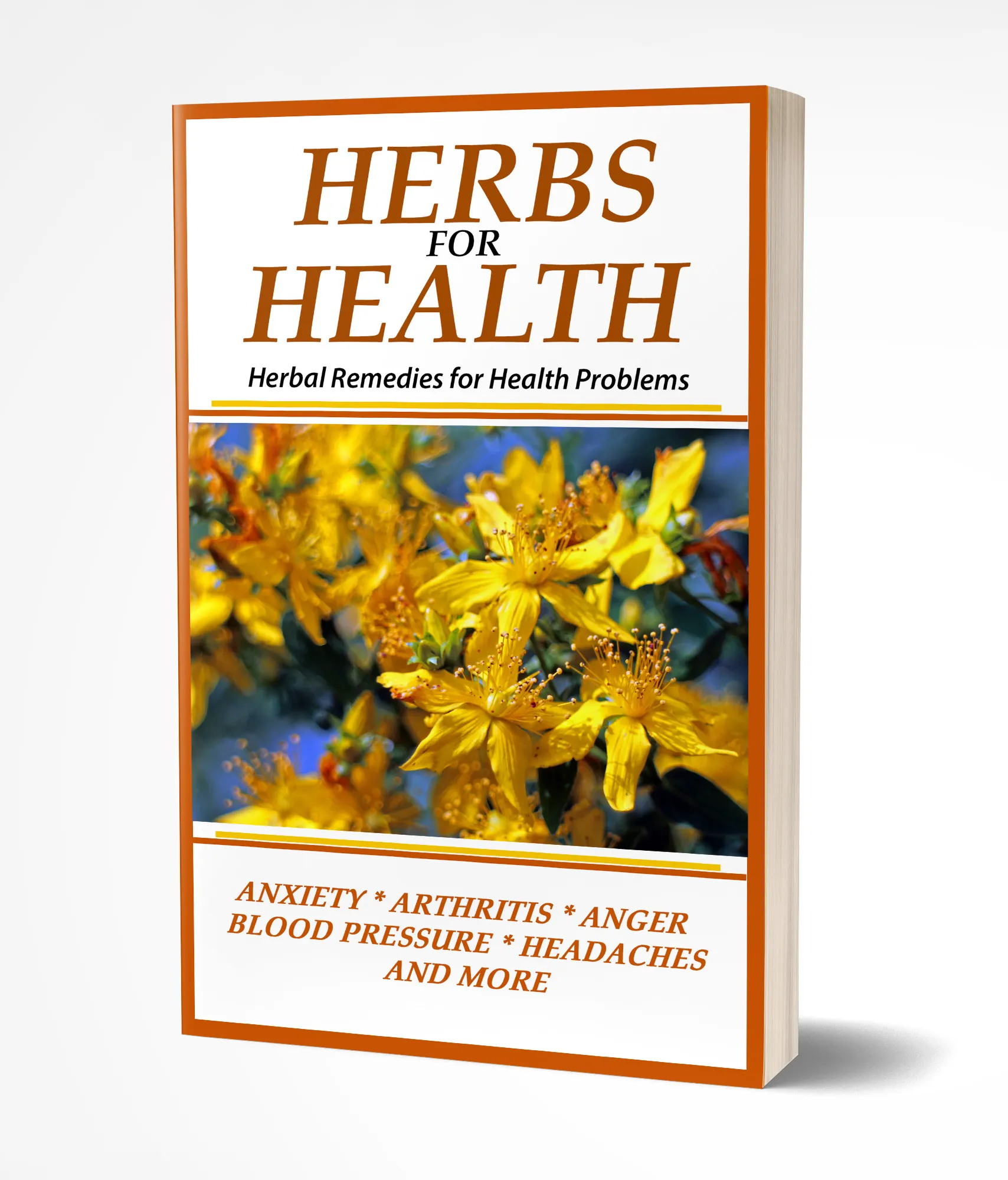Recently, my favorite part of long marathon-training runs has been the half-hour after my run when I sit on the couch and strap on my Hyperice Normatec Go compression sleeves ($383). (Not sure what that says about my running motivation, but it’s true nonetheless.) I first discovered the joy of compression boots at Boston’s Tracksmith store, which had a couple pairs for anyone to use after group runs. Despite the grossness of slipping into something another sweaty runner had just gotten out of, I’d wait around for a turn almost every Sunday morning—they truly felt that good.
Sadly, Tracksmith’s boots got phased out post-pandemic. But I was gifted a pair of the smaller Normatec Gos on a work trip to the London Marathon last year through Westin Hotels. They’ve since become an essential part of my running routine.
Hyperice Normatec Go — $383.00
Includes two Normatec Go compression boots and USB charging cables.
Compression levels: 7
Weight: 1 lb.
Pros:
Lightweight
Portable
Adjustable fit
Offers 7 levels of powerful compression
Bluetooth compatible through the Hyperice app
Cons:
Pricey
Velcro to adjust fit is difficult to maneuver and catches lint
Only covers the calves
Shop Now
How compression boots work
Compression boots do more than just feel good. Originally designed by a physician bioengineer as a medical device to improve circulation, there is solid science to support their design.
“They work by sequential squeezing, where the unit inflates and deflates,” says physical therapist Karena Wu, DPT, OCS, owner of ActiveCare Physical Therapy in New York City. Compression boots fill up with air to encircle the leg with pressure first near the ankles, then make their way up the legs, getting closer to the torso bit by bit. “[Compression] helps promote blood flow,” Dr. Wu says. “It can help reduce pain. It can help reduce muscle soreness after a workout.”
She keeps a pair of Normatecs in her office (and two versions for herself at home) and recommends compression boots to anyone who needs help with blood or lymph circulation, as well as athletes looking to stave off muscle soreness. “[Athletes] use them immediately after their workout or competition because it will push out the metabolic byproducts that are generated when you train or compete,” she says. “That soreness that you get after a really hard training session? They would help minimize that.”
How Normatec Go feels like to use
As Hyperice’s more portable version of its pricier, full-length compression boots, the Normatec Go system weighs only 1 pound and covers just the calves. Although there are two separate units for each leg, they sync together via Bluetooth so that the compression is symmetrical.
You can choose from seven levels of compression, and—as someone with perpetually tight calves—I typically go for Level 6 (I love that hurts-so-good feeling). I can literally feel my pulse when it gets super tight. (Dr. Wu says that’s because of the boost of blood through my vessels.) They’re a bit noisy—the gears sound a little like the alien tripods from War of the Worlds, but it’s not so loud I can’t watch TV.
Photo: Author
Being able to watch them as I lounge and catch up on Netflix is actually one of the things I like best about these: In contrast to a massage gun, which you have to actively apply to your muscles, using the Normatec Go boots is a completely passive experience. I strap them on, set the timer to 15, 30, 45, or 60 minutes, then just sit on the couch and let the air compression do its job while I relax. This is probably why it’s the only kind of “active recovery” I regularly do post-workout. (Sorry, stretching.)
The only thing I don’t love is that each unit has big strips of velcro to strap it onto your leg. These strips are total magnets for lint, and they’re so big that attaching and detaching them is kind of cumbersome. Personally, I just keep the units assembled and slip my foot in and out, unless my husband or a friend wants a turn and needs a different fit. And when I do, I always wear pants or knee-high socks. Otherwise, they’ll pinch bare skin.
It’s worth noting that the Normatec Go only covers your calves, which is why my husband, who mostly gets sore in his quads post-run, has never been very interested in them. That said, I have strapped these to my thighs a few times, and while it’s not quite as effective—or manufacturer-recommended—you can get a bit of a quad massage that way.
Final thoughts
Dr. Wu says that even just compressing the lower legs can benefit your entire body. Because compression pushes blood and extra fluid out of the ends of your limbs, it gets your blood pumping system-wide. “And blood carries nutrients and oxygen, which helps with all sorts of tissue healing,” she says. She believes so strongly in the Normatec Gos that she even has her own pair that get a spot in her suitcase whenever she travels internationally. Needless to say. they’ve earned a permanent spot in my recovery routine, too.






